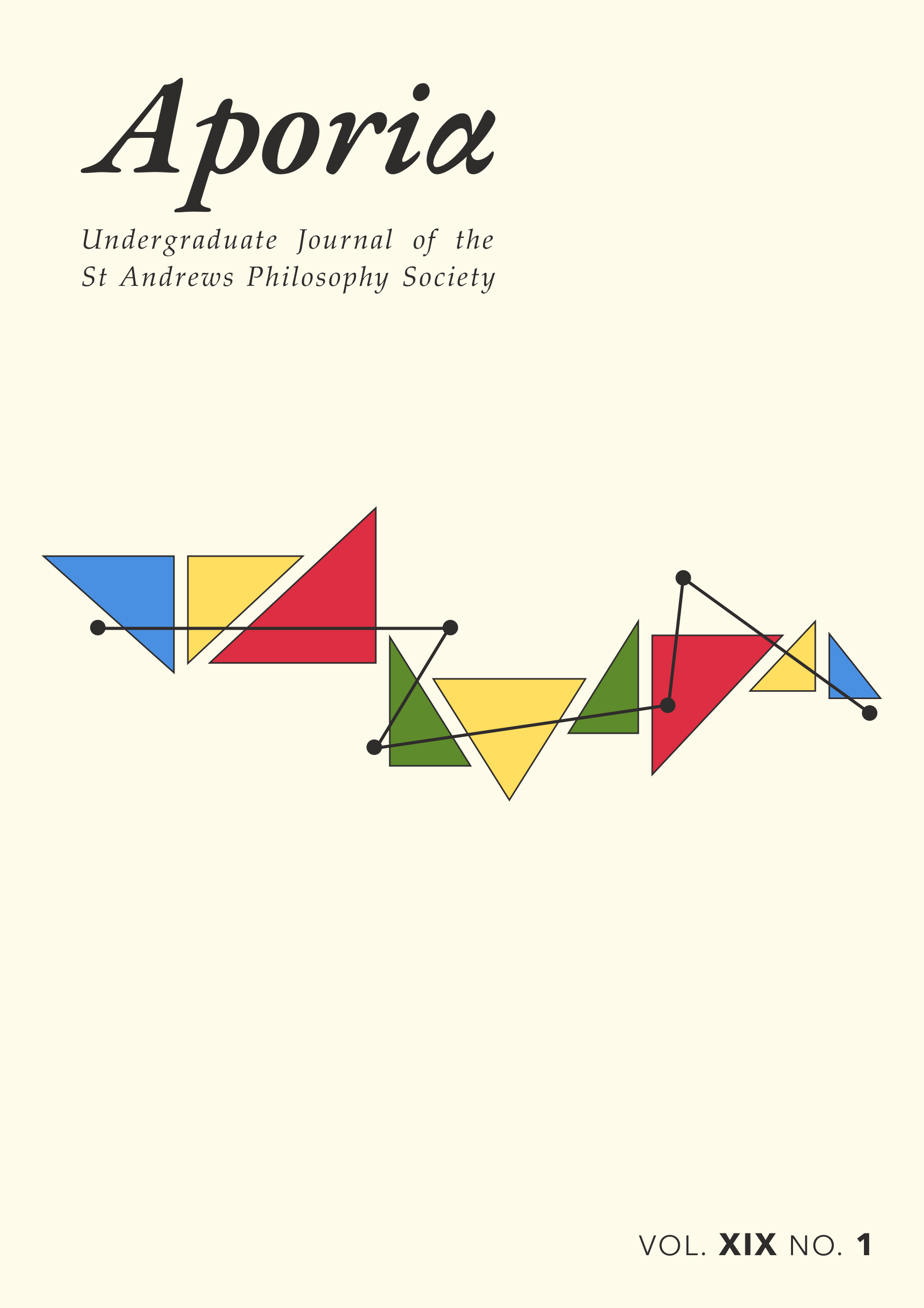Has Horowitz Split Level-Splitting?
Main Article Content
Abstract
What is to be done when οrst- and higher-order evidence point in opposite directions concerning the truth about p? The traditional response goes that ideally, rational agents ought to privilege one evidential order over the other, such that an agent’s belief that p co-varies with her total evidence. But the level-splitter zigs where others zag. Since each evidential order appears perfectly good in isolation, she supposes her credences should be partitioned accordingly. On penalty of believing against her total evidence, she responds to the pull of both evidential orders. In other words, she is epistemically akratic. Sophie Horowitz has recently argued that level-splitting views are almost universally irrational. To show as much, she points to some cases of peer disagreement where a pro-akrasia verdict requires (irrationally) concluding that S’s evidence is misleading. The purpose of this paper is to deny that an on-off conception of agent-speciοc defeaters is called for: that is, I argue that peer disagreement need not necessarily banish οrst-order evidence to the realm of the misleading, and that a different approach is available to the pro-akrasia crowd.
Article Details

This work is licensed under a Creative Commons Attribution 4.0 International License.
Author's retain copyright, but give their consent to Aporia to publish their work.

